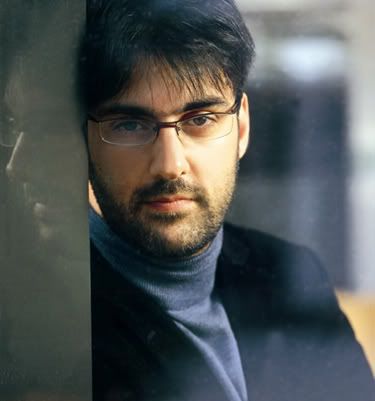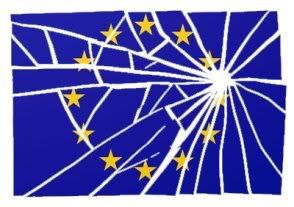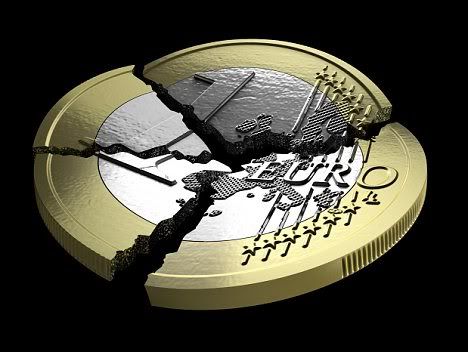
"Black Friday": the name itself has a sinister ring.
I don't remember even hearing anyone use the term before three or four years ago. In the early '90s, when I was a salesman at a place called Santa Fe Sight and Sound (and confided to anyone who was interested, or not, that retail would be a wonderful job if it weren't for the customers), we expected that we would be very busy the Friday after Thanksgiving. And we always were. But it wasn't, you understand, a big thing. Not a make-or-break day. Not an event that people planned their lives around.
The notion that shoppers would have pitched tents outside stores for days before the Friday, gotten into brawls with other buyhounds, used pepper spray on each other, and even caused the odd fatality would have sounded absurd in those relatively calm years.
Thanksgiving in my childhood was a time when, at least ideally and sometimes in practice, we stopped to remember how fortunate we were; how many non-material gifts we enjoyed thanks to the benevolence of -- depending on one's convictions -- God, American prosperity, or both. Now it would seem to be, for many, just a day to catch our breath before plunging into the big box maelstrom. Black Friday is a spike on our cultural fever chart.
Lewis Carroll wrote of a "mythical island, whose inhabitants earned a precarious living by taking in each other's washing." Black Friday is the reductio ad absurdum of a hollowed-out capitalism that now consists largely of selling to each other goods made in other countries, bought with money government must create out of nothing and which the customers must borrow.
Generations of moralists have preached against materialism, but I think what we are seeing here goes beyond the mere craving for goods, which is not bad if kept within reasonable limits. It is the death of belief in country, community, delayed gratification. And the death of hope for a people who elected as their president a smooth-talking Marxist who ran on a platform of hope.
How did we reach this impasse? In large part, it's the fruit of a decade-long story of foolish, ideological responses to 9/11. They are well summarized in an article by Angelo Codevilla of the Claremont Institute.
He writes:
Again and again, the American people are forced to confront the fact that its ruling class is not on its side. After 9/11 President George W. Bush told the American people to go shopping and behave normally. In short: forget that you will never again be free to live as before. Think about money. ...
[The Bush administration] sought to satisfy the American people with the pretend-safety of "homeland security," with images of U.S. troops in combat, and perhaps above all with domestic prosperity fueled by record-low interest rates and massive deficit-spending.
This pretend-prosperity aimed not only to anesthetize criticism of endless war, but also to feed both political parties' many constituencies—the ruling class's standard procedure. Both parties joined in expanding federal guarantees for sub-prime mortgages, subsidies for education, alternative fuels, and countless activities dear to well-connected players. Both parties congratulated themselves for establishing new entitlements for prescription drugs and for medical care for children. When the "great recession" began in 2007 Democrats blamed Republicans' excessive spending on "the wars," while Republicans blamed it on Democrats' excessive spending on everything else. Both are correct, and both are responsible.
Spend, spend, spend. If the government knows no other way to meet life's challenges, why should we be surprised if large numbers of citizens get the message?













